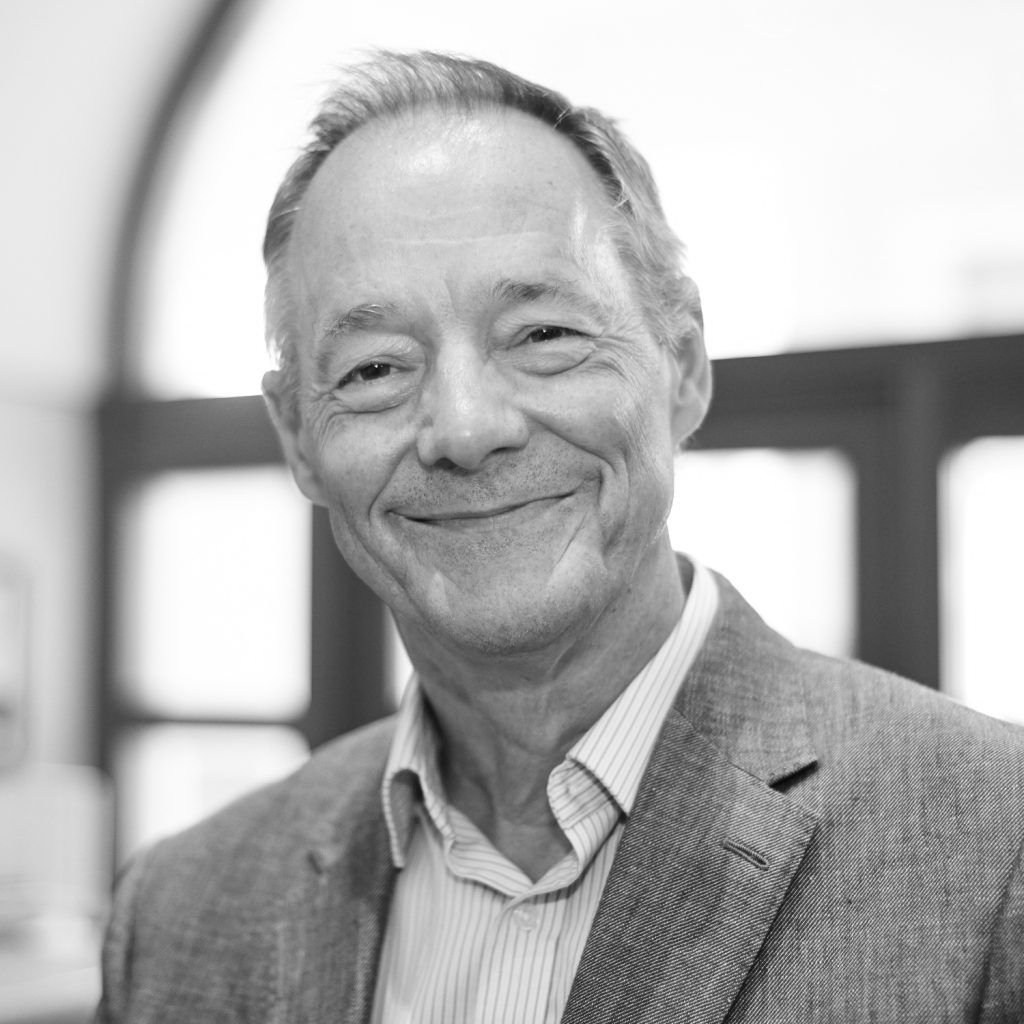Planning for successful change outcomes
By Paul
This programme is all about leading change successfully, so it’s time to think in more detail about the kind of change you have in mind.
So far, we’ve looked at how your leadership needs to connect with individuals on your team, and how best to communicate with the people you seek to motivate and inspire.
Next, we’ll look at specific approaches you can take to giving focused feedback and to making the most of your online team meetings. We’d like to invite you to think in more detail about what the change you’re leading needs to look like. In particular, what outcomes will your team or department expect to see which demonstrate that the change has been successful?
How will you describe the Change?
The world you’re now planning for is clearly no longer based on ‘business as usual’. There is no ‘normal’ to head for. There will be opportunities ahead, though these may not be open to everyone. There will also be huge uncertainty and anxiety for many on your team, so how you think about and describe the future calls for sensitivity.
What you call the new state you envisage for your department or your team is crucial. Is it primarily about:
Vision?
A tangible picture of something very different yet anchored in shared values which are recognisable and crucial for colleagues.
Purpose?
A refocused driving force that breaks away from the established models your department used to conform to; perhaps one with a strong, sustainable moral imperative.
Renewal?
A phoenix-like new version of what you will now become, holding onto the best of what makes your team familiar and liked by others, and which will make you all the more relevant for the future.
Balance?
A new blend in what you offer, possibly drawing on the learning you’ve experienced while working remotely and appreciating what’s been most positive about it; finding ways of transferring and embedding this in what you do in future.
Survival?
A differently-focused, perhaps different-sized version of how your department was in the past, with a transparent business plan which shows how you will provide say 30% of what you used to, with 50% of the staffing, and different pay levels.
How you frame the way you see the change will affect the kind of outcomes you put in place for how you will know success when you see it.
Outcomes for your team members
If you expect to gain commitment from your colleagues, you may wish to start by thinking first about the outcomes you desire for them.
Is the change about enabling people to develop and apply as much of their creative potential as possible?
Is it about bringing forward new leadership among emerging generations, and enabling satisfactory phased retirement for other colleagues?
Is it about increasing levels of engagement and encouraging more intrinsic satisfaction in the roles that people live out?
Outcomes for those you serve
The outcomes you plan for your colleagues are likely to be more meaningful for them if they connect to a clear set of goals which reflect your department’s contribution to a greater good. Knowing who your team is there for (such as students, other staff across the institution, the research community, civic society) is a powerful focus for describing the outcomes of successful change and how you will know if you have realised them.
 Your activity
Your activity
We’d like you to spend no more than 5 minutes on the following short written task:
Write a sentence of exactly 12 words which summarises what’s at the core of the change you need to work towards with colleagues.
If you’ve written more than 12 words, edit it carefully to meet the brief. If you have a smaller number of words, find additional ones which convey a refined sense of meaning about the change.
Please have your sentence ready to enter in the text box during our next online session.
 Resources
Resources
A selection to read, watch or listen to, to help find a new perspective.
- Explore this example and template from ‘Creating a vision for your change‘ by the ACT Academy, NHS Improvement. 5 mins 30 sec.

Dr Paul Gentle
Paul is the Academic Director at Invisible Grail. A leadership expert, Paul has dedicated the last twelve years to creating and delivering leadership development programmes in higher education.